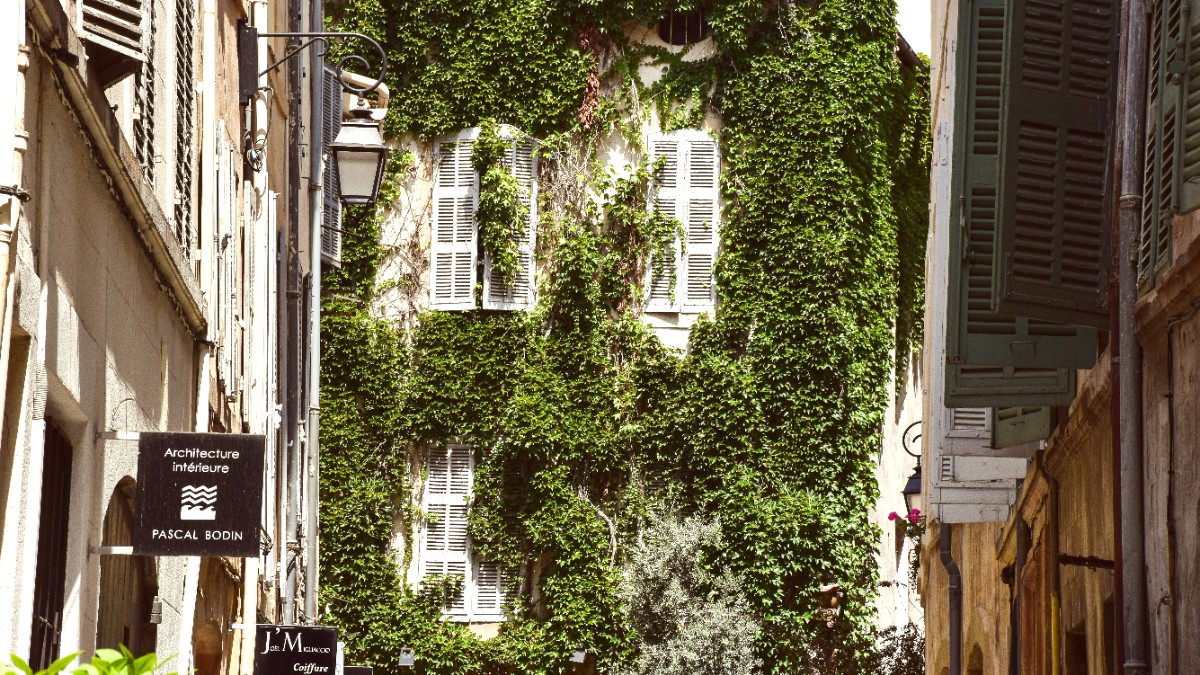
Provence, France
Major mobile network providers include Orange, SFR, Bouygues Telecom, and Free Mobile.
Wi-Fi is common in Aix-en-Provence, accessible in hotels, cafes, and restaurants.
French is the official language. Many in tourist areas speak English.
Basic phrases for polite interactions.
While English is spoken in tourist areas, a few French phrases enhance your interactions. Offline translation apps ensure connectivity when Wi-Fi is unavailable.
Understand typical operating hours and public holidays for smoother planning.
Generally 9:00 AM/10:00 AM to 7:00 PM/7:30 PM, Monday-Saturday. Many smaller shops close for lunch (12:30 PM-2:00 PM/3:00 PM).
Typically 10:00 AM to 6:00 PM. Many museums close on Mondays. Check websites for precise, seasonal hours.
Lunch: 12:00 PM-2:00 PM. Dinner: 7:00 PM/7:30 PM-10:00 PM/10:30 PM. Many close between services.
Banks (`Banques`) generally keep standard business hours.
France celebrates several public holidays (`jours fériés`) throughout the year.
Checking specific opening hours for museums or restaurants online can prevent disappointment, especially around public holidays. Allow for mid-day closures at smaller shops.
Respectful engagement with local culture and traditions enriches your travel.
Your actions contribute to the upkeep of heritage.
Dining has specific customs, enhancing the experience.
When visiting churches or cathedrals, observe specific courtesies.
Capture memories respectfully, mindful of privacy and restrictions.
Cultural sensitivity greatly enriches your journey. A little knowledge of local customs and a polite approach open many doors to genuine interaction and a experience of Provence.
Information for travelers with specific needs, requiring some planning ahead.
France has efforts to improve accessibility, but historic areas remain challenging.
Transportation options are becoming more inclusive.
Contact the local tourism office in Aix-en-Provence for current information on accessible accommodations and activities. Websites like Jaccede.com document crowd-sourced accessibility details across France.